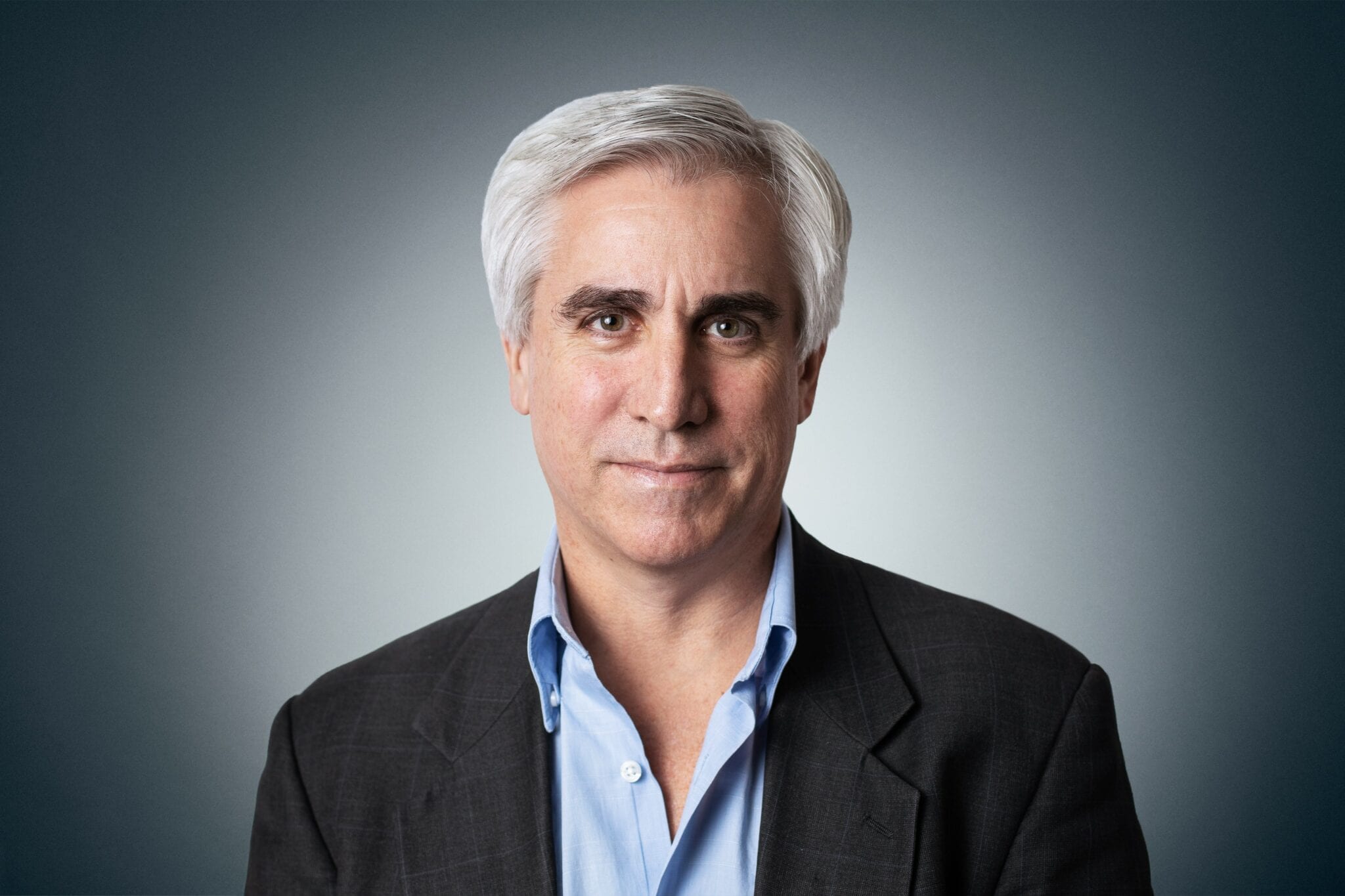
Henry Skinner, AMR Action Fund CEO
AMR Action Fund looks to tackle antimicrobial resistance with first two investments — but does the money arrive too late?
The AMR Action Fund — backed by a handful of heavyweight pharma players including Pfizer, Eli Lilly, Merck, Johnson & Johnson, Boehringer Ingelheim and GlaxoSmithKline …
Sign up to read this article for free.
Get free access to a limited number of articles, plus choose newsletters to get straight to your inbox.